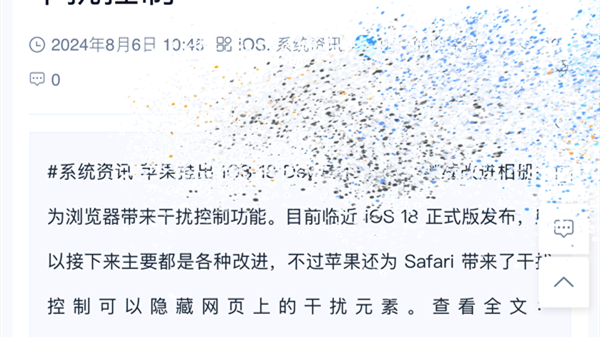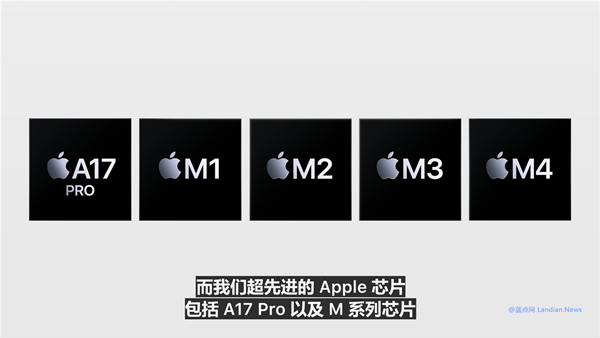Russia Demands All Smartphones to Pre-install Its Domestic App Store, Facing Opposition from Some Manufacturers
Russia is brewing a new bill/regulation that mandates all smartphones sold in the Russian market to come pre-installed with a domestic app store. This app store, developed by Russian tech giant VK, is named VK RuStore.
If the bill is passed, it means that all manufacturers must pre-install the app store, and even Apple must pre-install VK RuStore on the iPhone, otherwise it will be considered non-compliant and will be banned from sale.
This issue has sparked dissatisfaction among many electronics retailers and smartphone manufacturers. A coalition of Russian household appliances and computer equipment trade companies and manufacturers has jointly requested the bill not be passed.
Currently, the Russian State Duma's Committee on Information Policy, Information Technology, and Communications is revising the "Consumer Rights Protection Law," which includes the stipulation for mandatory pre-installation of Russia's domestic app store.
In the initial revisions, the State Duma emphasized prohibiting manufacturers from attempting to limit the installation and use of the VK RuStore app store in their products, which later evolved into a requirement to pre-install specified applications, with the list of applications determined by Russia, including VK RuStore.
The Russian Manufacturers Association believes that if the bill passes, it would lead to all retail stores being unable to sell Apple products (due to the impossibility of pre-installing VK RuStore) and consequently shutting down, while significantly increasing the market's gray sales.
Non-Russian domestic manufacturers, such as Samsung, also currently do not pre-install the VK RuStore app store, and naturally, Samsung is unwilling to pre-install this app store given its own app store provides a better experience, not to mention issues related to distribution and interests.
Finally, if the bill passes, it will be implemented on September 1, 2025. However, it remains unclear whether the joint letter submitted by these associations will be effective.










